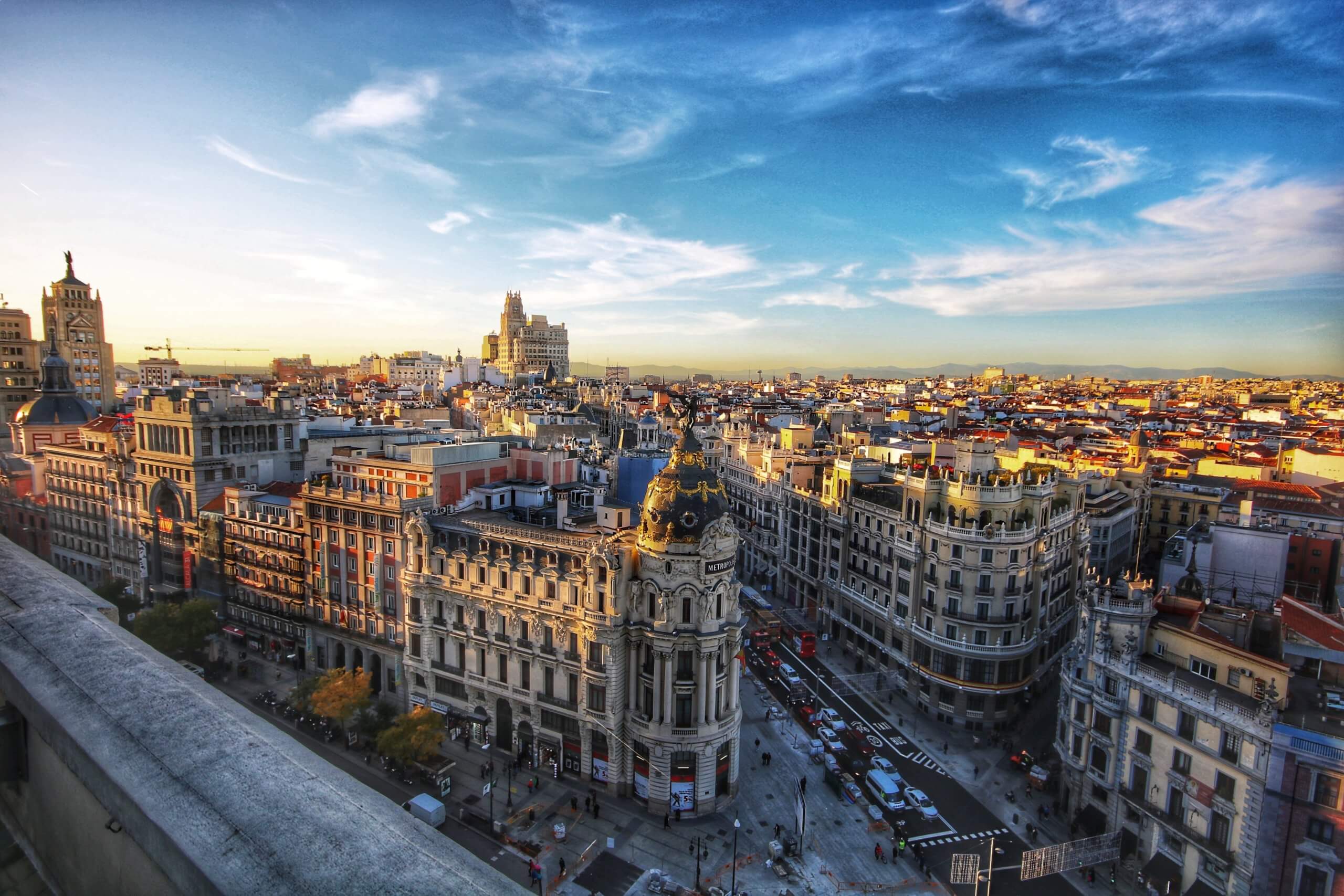- Guides
Our Top 10 Tips to Finding Friends Abroad
Let’s face it, moving abroad, where everything is unfamiliar, can feel like a bit of a maze. You’re struggling with...
Read moreGuides
If you plan to apply for a job abroad, you should be prepared to think of difficult situations. But don’t let that stop you from chasing your dream. To pack up your things and move during a global pandemic can seem stressful, but it will in no way be impossible!
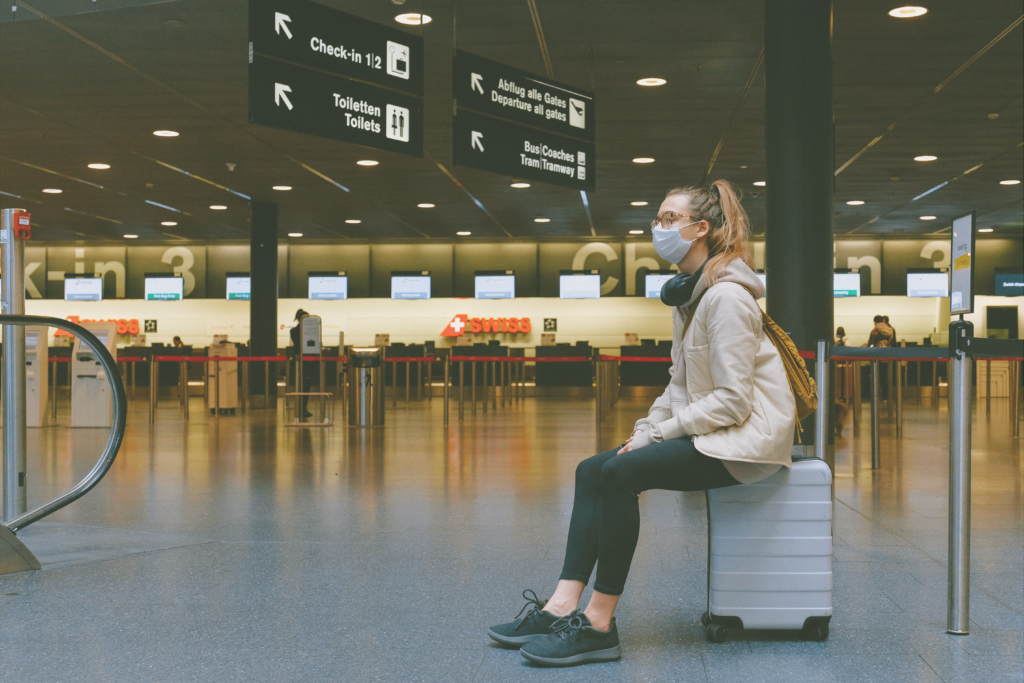
A question that might come up is if a move to another country during a global pandemic is worth it? The short answer is yes. Even though most of the countries are affected by the Coronavirus, there are many ways to be safe, and by doing your research, you can both arrive and stay safe in your new country.
One of the most important things you need to have to go ahead with the move is a green light for travel, meaning you are allowed to travel and move to your new country. If you have applied for a job abroad through Workwide Recruit, you can be sure that your future employer has taken the necessary precautions. In many cases, they can also offer support in your move to make sure you are safe and without any additional stress.
It’s important to remember that you will arrive at your destination. Even if there aren’t as many direct flights as there used to be, there are still flights that connect the main cities in Europe. You might have to take two flights (or even have a layover), but in one way or another, you will arrive at your destination. A good example of this is our former candidate Miikka, who moved from Finland to Portugal last summer in the middle of the pandemic.
Since the situation with Covid-19 started, not every country has reacted in the same way or put the same safety measures in place. Unfortunately, there hasn't been one solution that fits all. In reality, countries have been changing their measures depending on the situation. This means that you have to research the latest Coronavirus restrictions for the destination you are heading to. The situation can change weekly, so make sure you have the latest updated information.
Regulations aren’t negotiable, which means you have to respect and follow them no matter how inconvenient they may seem. Not following the rules can lead to consequences such as a large fine.
Some airlines have adopted a strict policy of keeping one seat empty between every passenger on the plane, and the majority do not allow you to fly if you don’t wear a mask during the whole flight. For some extra safety measures during your trip, you can bring some hand sanitizer and avoid carrying hand baggage.
Something to expect is that you might have to take a corona test before you leave since many countries want you to show a negative Coronavirus test result upon arrival. You might also have to take an additional one at the airport once you have arrived.
Some countries even have a mandatory two-week isolation period, depending on where you are traveling from. If this is your case, you must find an apartment to stay in before you arrive so that you can go straight there from the airport. You must also give the authorities in your new country your address, so they can come by and check on you. However, some companies may offer you the possibility to stay in a hotel room during the quarantine period.
The requirement to wear a mask may differ between countries too. In some countries, you need to wear it when entering public transport or a public building. And in other ones, you need to wear a mask anytime you go outside. The social distancing rule is universal, meaning you should try to always keep a two-meter distance from other people at all times. Do your best to adapt to your new country’s guidelines and follow the rules.
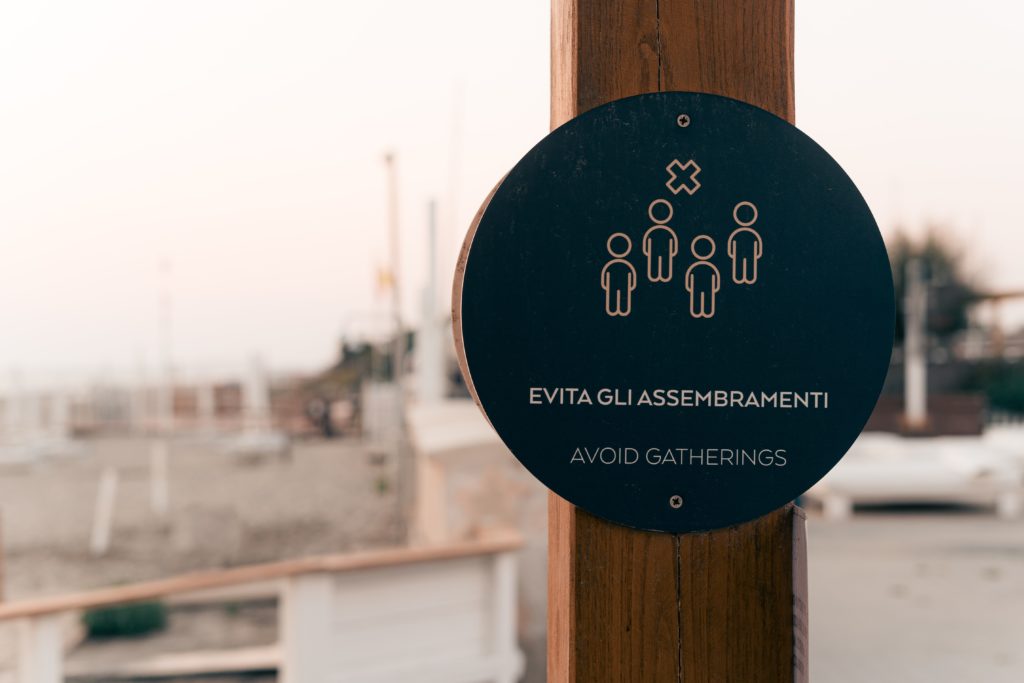
There are a lot of feelings involved in relocating to another country, even before the Coronavirus became a part of our everyday lives. Two of the most prominent ones are the excitement of starting a new life and the crippling fear of the unknown. To sum it up, it can all feel a bit overwhelming. There will be difficult times, and the Coronavirus will impact your experience abroad at first. But a way to navigate through all these feelings is to prepare yourself for what's ahead.
Some things you need to be ready for are:
Meeting new people and making new friends is a huge part of moving abroad, and having a network of people will make your everyday life easier. However, during this pandemic, all non-essential activities have been canceled, which means there are no events like festivals or other public gatherings. In some countries, many restaurants have also closed down, or they have had to restrict the number of people they allow inside and limited open hours. Further on, it might be difficult to get to know your new team members at work since there won’t be any team activities.
The solution: Thankfully, we live in a tech-savvy age, and this makes it easier to keep in touch with literally everyone. Today no one is more than a phone call or video call away. Ask if any of your new colleagues would be willing to introduce themselves on a video call so that you can get a face to the name, and during your lunch break you can video chat with a friend back home and have lunch “together”. Make sure to join Facebook groups and online communities for expats, and make friends there. Many members might have gone through the same or similar experiences that you are going through now.
In many countries you are also allowed to participate in outdoor activities, meaning you can meet new people by, for example, going on a socially distanced walk. Or join a small group for some outdoor exercise. Some countries have also opened up museums and similar, but with restrictions like you having to wear a mask and only a certain number of people are allowed in.
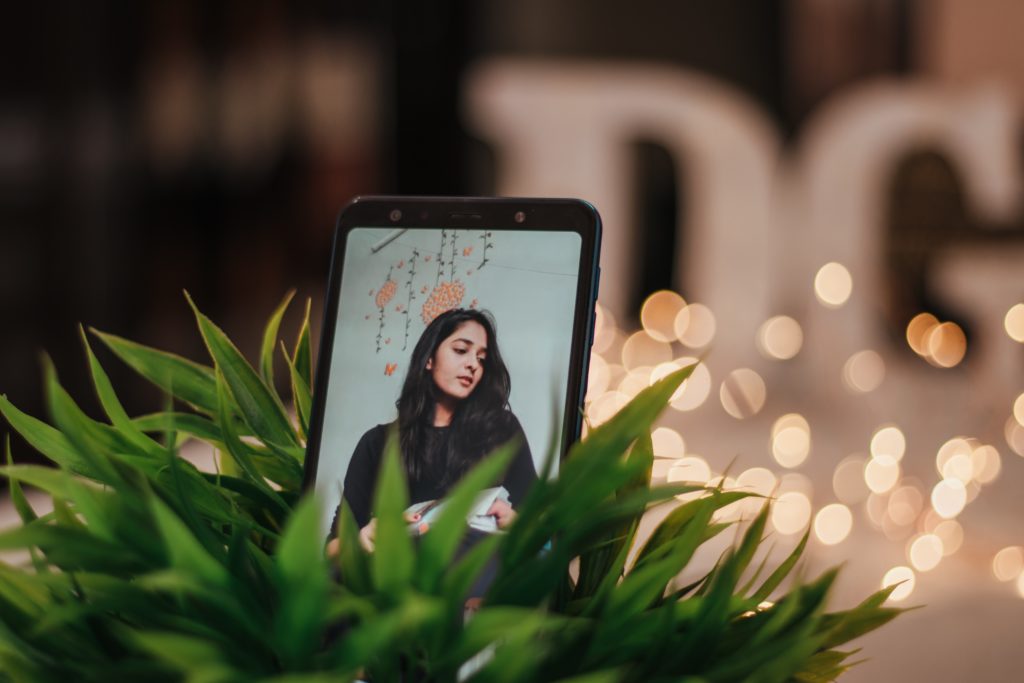
Living alone in a new country and possibly going straight into quarantine once you have arrived is going to be tough. The days can seem extra long and boring when you only have your own company and can’t leave your apartment.
The solution: In most countries, the isolation period is only two weeks, and yes, they will probably be the longest two weeks of your life, but there are ways to distract yourself. And, since many companies have implemented a working from home policy, you will probably be allowed to start your new job even during isolation. This way, your weekdays won’t feel that long.
Once the workday is over there are a lot of other things to keep you occupied:
Try to find ways to deal with negative thoughts and feelings - you will get through this and things will eventually get better.
In the current situation, it is more important than ever to take care of yourself and to check your access to healthcare in case you fall ill or get the Coronavirus. In most cases, you will automatically get access to healthcare in your new country when you start working. If you are already insured in your home country by private insurance, make sure to check if this insurance will cover you even when you live abroad. If not, there are ways to get health insurance in your new country.
You should also make sure you have the European Health Insurance Card. With this, you will receive medical attention under the same conditions and at the same cost as people natively born in your new country. This card is a good solution to have during your first weeks abroad, before your health insurance kicks into action.
Many countries in Europe offer high-quality healthcare and in many companies, they will automatically include you in a healthcare insurance plan once you have signed a contract and are officially employed. The insurance is also often deducted from your salary, so you do not have to make any payments yourself. Many of the clients that Workwide Recruit works with offer healthcare insurance with the job.
Other countries also offer the opportunity to sign up for private healthcare. With this private insurance, you will get benefits, such as shorter waiting times to see a doctor, meeting professionals that speak better English, a private hospital room, and you can get dental and other areas covered, among other things.
Another thing to keep in mind, besides securing health insurance, is to learn about the healthcare options for expats in your new location. This includes knowing which the best facilities are and where they are located. Which one is the closest to you, and how can you get there? Where do you go if you need to take a Coronavirus test? What documentation do you need to bring?
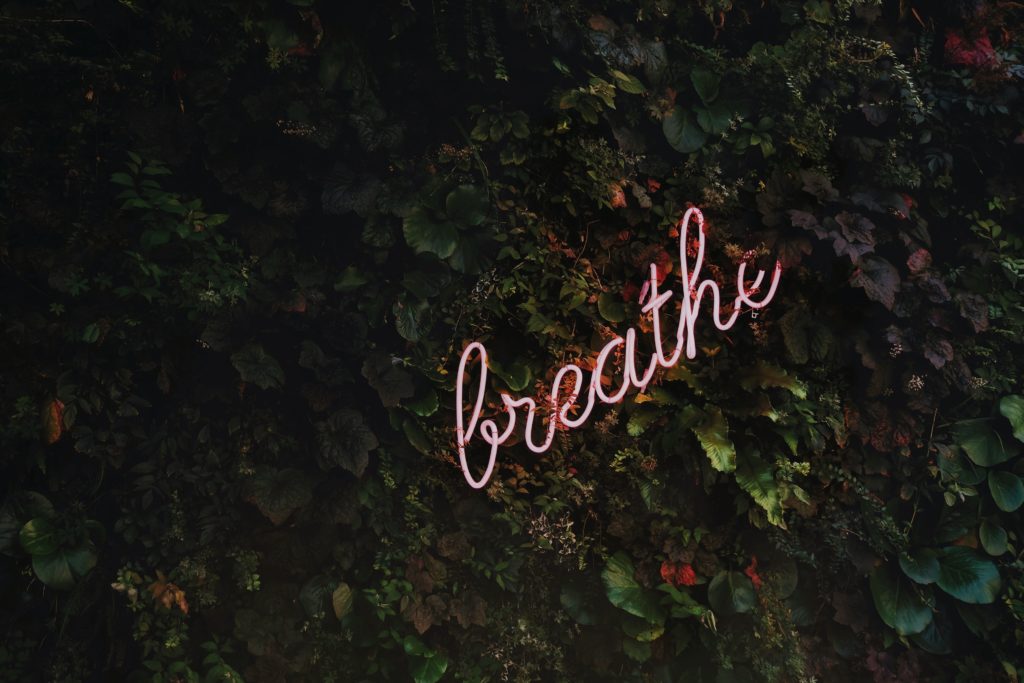
Approximately a year after the Coronavirus started spreading across the world, a long-awaited vaccine became available. At the moment, the main distributors are The Pfizer-BioNTech and Moderna pharmaceutical companies, and they have sent out their respective vaccines to most countries.
Unfortunately, you are not automatically allowed to go without a mask or travel without following restrictions after taking the vaccine. In fact, the authorities still recommend practicing social distancing and self-isolation as much as possible. In November 2020, the International Air Transport Association (IATA) created a digital vaccine passport initiative. However, this has to be approved by the governments and institutions.
Another initiative created is an app that will inform passengers on what tests, vaccines, and other measures they require before traveling. It will also inform where you can get tested and how to share your test and vaccination results safely with airlines and border authorities. This initiative has not spread worldwide yet, but the app will give you a list of country-specific entry requirements, so it will be easier to keep track of the rules and restrictions depending on your destination.
An idea that is already a reality in countries like Hungary and Iceland is immunity passports. They were created to get documentation from those who have had Covid-19 and then recovered. While only those vaccinated would get the vaccine passport, the immunity passport is only given to those who have antibodies and immunity.
The Coronavirus has proven to be a stubborn virus, and you should definitely take it seriously, but don’t let it stop you from exploring your new country. As long as you follow the restrictions, like wearing a mask and keeping your distance from others, you can still go sightseeing and find outdoor activities. Give your new country and new job a chance by setting up small goals for yourself. This can be to try it out for three or six months and to try to push yourself, and make the best of your situation during this time.
In the end, nothing lasts forever, not even a global pandemic!
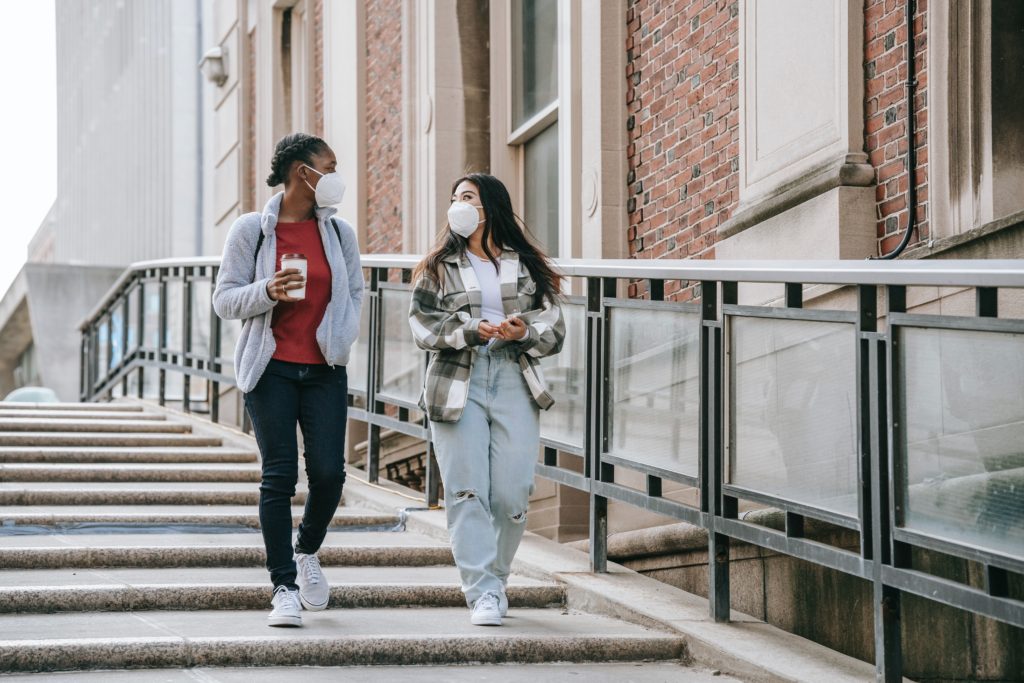
Let’s face it, moving abroad, where everything is unfamiliar, can feel like a bit of a maze. You’re struggling with...
Read moreWelcome to the beating heart of Spain – Madrid! This bustling metropolis offers a unique blend of rich culture, historical...
Read more
